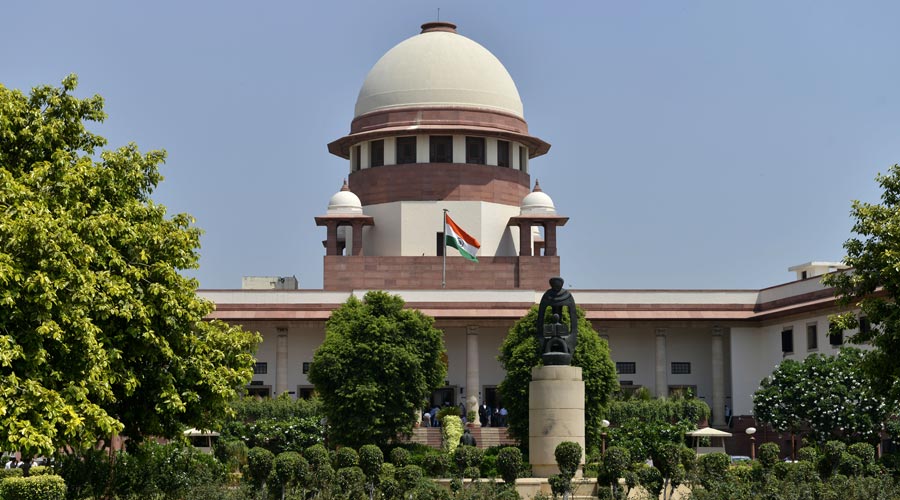It is not violence alone, but also the possibility of it, that hurts the right to life guaranteed by the Constitution. While ruling on the necessity of compensating the families of the victims of the Bombay riots of December, 1992 and January, 1993, the Supreme Court reportedly said that a constant atmosphere of communal tension violated the constitutionally-granted right to life. The life implied here was dignified and meaningful; such an existence was not possible for those who witnessed that sectarian violence. The Supreme Court’s remarks must be set in the context of its reported admonition to the government of Maharashtra of the time. That Congress government had failed to maintain law and order and to protect citizens’ right to life. The court’s ruling underscored the failure in fair and just treatment of the people as well, because it urged that the accused be immediately found and compensation given to victims and their families.
Although the riots, following the demolition of the Babri Masjid, erupted with participation from both a minority community and the majority community, reports indicated that there were many more victims on one side than the other. The court’s comment, however, laid emphasis on the atmosphere of tension between communities, the persistence of which hurts people’s dignity. Fear is an unnatural state of existence in a civilised democracy. The Supreme Court’s statement with regard to the atmosphere produced by one sequence of violence could be applied to everyday life in India at present. India has seen communal violence from the days of Partition, but the Bombay riots may have inaugurated a new phase in this tragic history. The gradual insinuation of suspicion, negativity and hatred into everyday life through the indirect encouragement given to hate-mongers by those in power has nurtured rather than destroyed the atmosphere of tension. Government policies, such as the closing of abattoirs in one state, astonishing laws, such as that against the mythical love jihad, State-sponsored vigilantes, such as the anti-Romeo squad, the frank glorification by politicians of cow vigilantes and of, for instance, rapists and murderers as those released in the case of Bilkis Bano, have all made this tension routine. But, with the court’s clarity and stringency on one side and the people’s determination on the other, this atmosphere may yet be dispersed.











